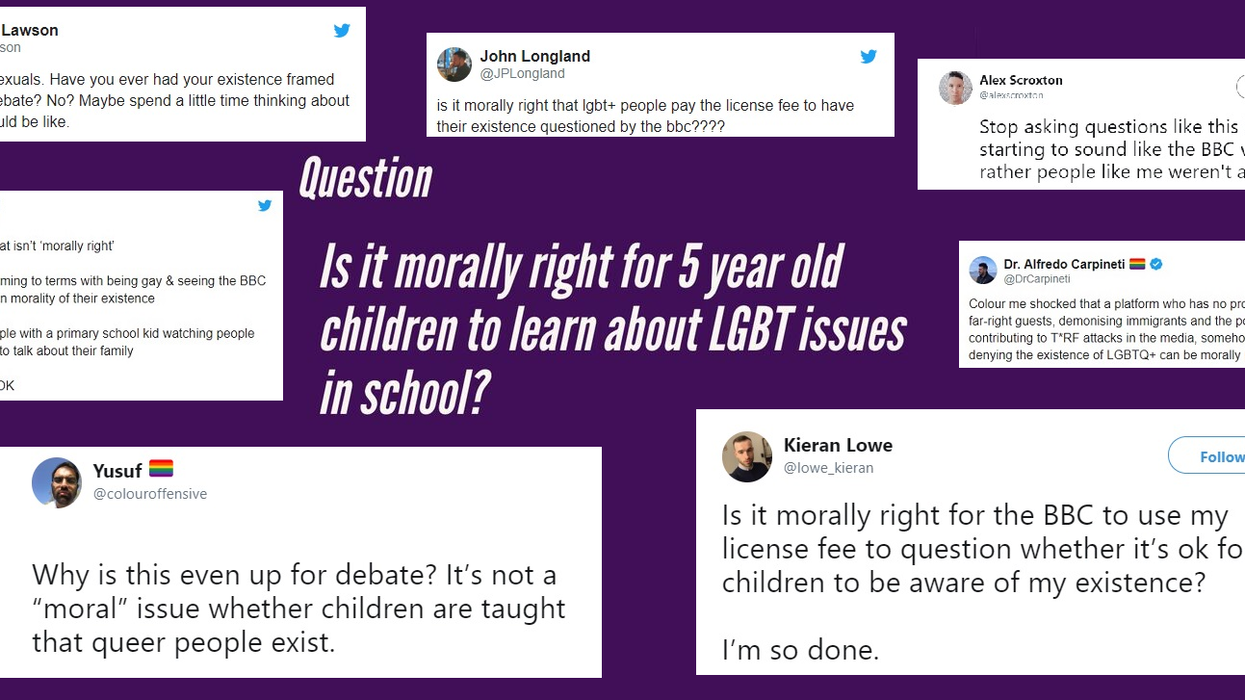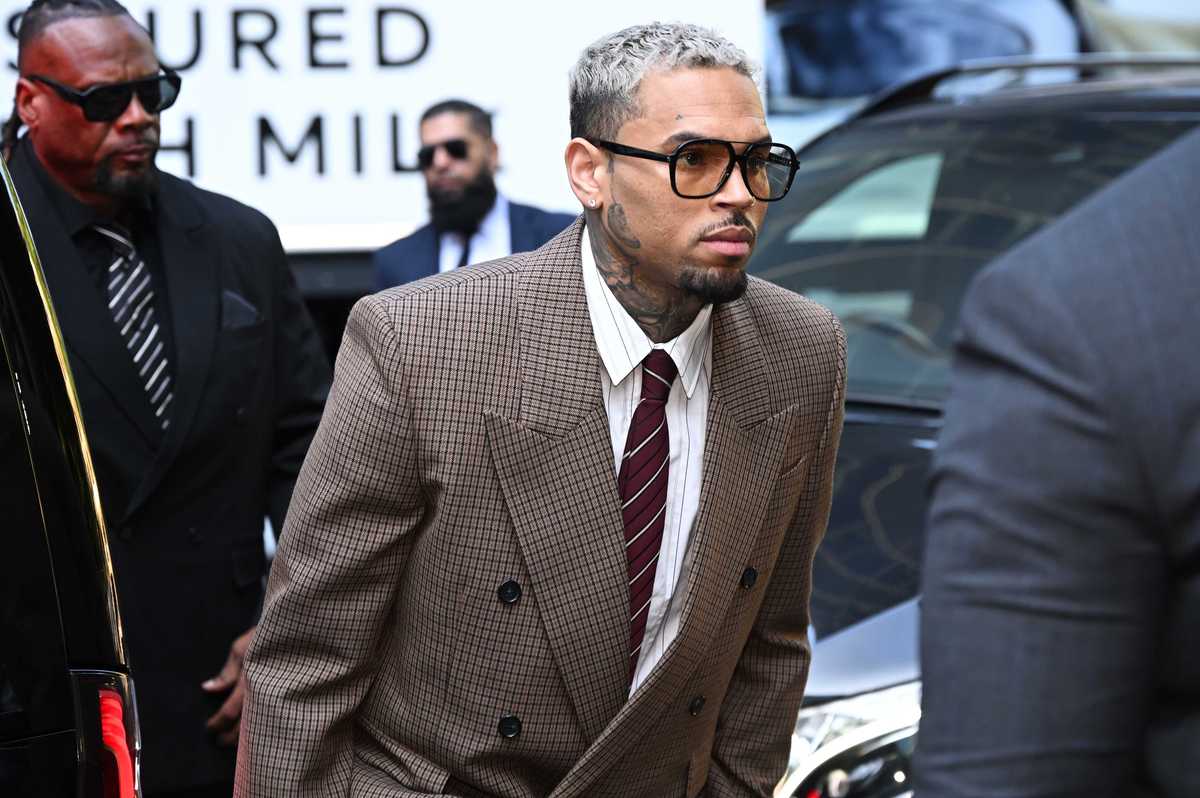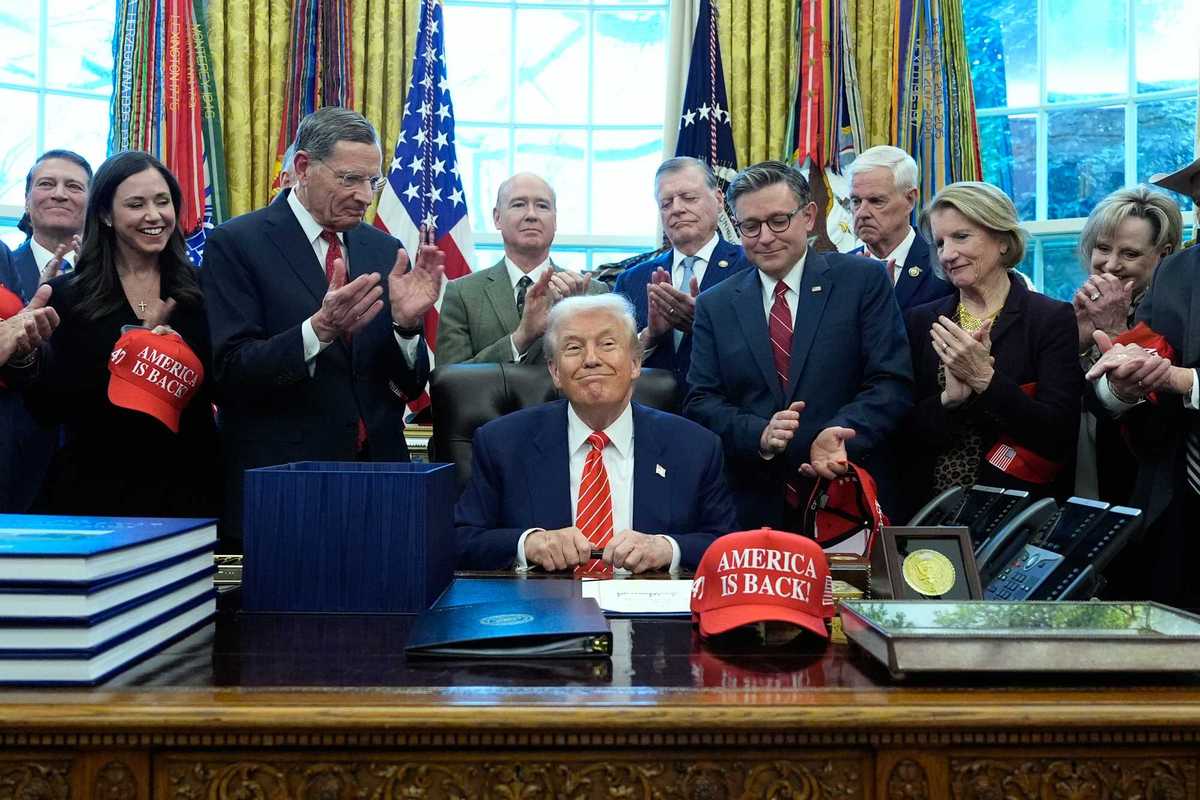Over the last few weeks, the place of LGBT+ issues in the school curriculum has been a topic of discussion after parents in Birmingham objected to classes which educated their children about the existence of LGBT+ people.
The lessons as Parkfield school and several others, which taught children about the importance of diversity in relation to sexual orientation, faith, gender identity and racial background, were momentarily stopped, but then re-started again. Though protests outside the school continue.
The row was exacerbated by an intervention from Labour MP Shabana Mahmood, who appeared to support the right of Muslim parents to object to the lessons. Tory MP Andrea Leadsom then interjected, saying it is right that parents decide when their children are “exposed” to LGBT+ issues.
Though when the House of Commons took a vote on compulsory, LGBT-inclusive education this week, the vote was passed by a majority of 538 to 21. This historic vote sees the first Relationship and Sex Education guidance since 2000.
Given that this issue has been in the news, the BBC’s flagship political programme Question Time decided to cover it as part of a weekly analysis of political issues.
But the framing of the question has drawn criticism.
People took exception to the BBC inserting the phrase “morally right”, which was perceived by many to be framing the question in the wrong terms.
Many LGBT+ people expressed outrage at the wording of the question.
Despite the problematic phrasing, responses from panellists and audience members were positive.
Though it remains to be seen what the merits were of debating the rights of a minority group in this way, particularly seeing as parliament had already passed the new RSE guidelines.
indy100 contacted the BBC for comment to ask if the programme regrets the phrasing of the question. The BBC did not immediately respond.
More: This is why LGBT+ Pride is essential, no matter what country you live in















